10 Crucial Things to Consider Before Upgrading Your Home; Renovating your house?Home upgrade and house renovation can be complicated. Check out these tips for home improvement projects, home upgrades and home renos here.
Disclaimer: this post may contain affiliate links, and every purchase made through these links will give me a small commission (at absolutely no extra cost for you!) AS AN AMAZON ASSOCIATE AND REWARDSTYLE MEMBER, I EARN FROM QUALIFYING PURCHASES. See Privacy Policy for additional info.
Upgrading your home can be a ton of fun, but there are things to consider before upgrading your home. The thought of increasing your property value, improving the appearance, and having more space to enjoy. It’s enough to make you want to get started right away.
But there are some very important questions that you need to ask yourself before getting started with your next project. In this post, I share ten crucial things to consider before upgrading your home:
This post is all about Things to Consider Before Upgrading Your Home!
Crucial Things to Consider Before Upgrading Your Home:
Why are you upgrading the home?
If you're considering upgrading your home, there are many reasons to do so. Here are the most common:
- Improve your return on investment. If you're planning to sell your house in the future, making upgrades now will pay off when it comes time for you to list it. A number of small improvements can make a big difference in how much money you'll get when selling your home (and how quickly).
- Improve the value of your home. Making upgrades can help increase the value of your home and make it more desirable for potential buyers.
- Improve lifestyle and health. Upgrading things like plumbing and insulation can improve both comfort and health for all members of the family by making their lives easier and safer, respectively. This can be especially important if there are young children in the house; having trouble breathing is no fun at all!
- Reduce utility bills by making energy-efficient changes such as replacing old windows or installing solar panels on top of them (if possible). While these options may be expensive up front, they'll ultimately save money over time because they use less electricity than traditional versions would require us to operate them regularly throughout each day/night cycle - which means less carbon dioxide pollution into our atmosphere too!
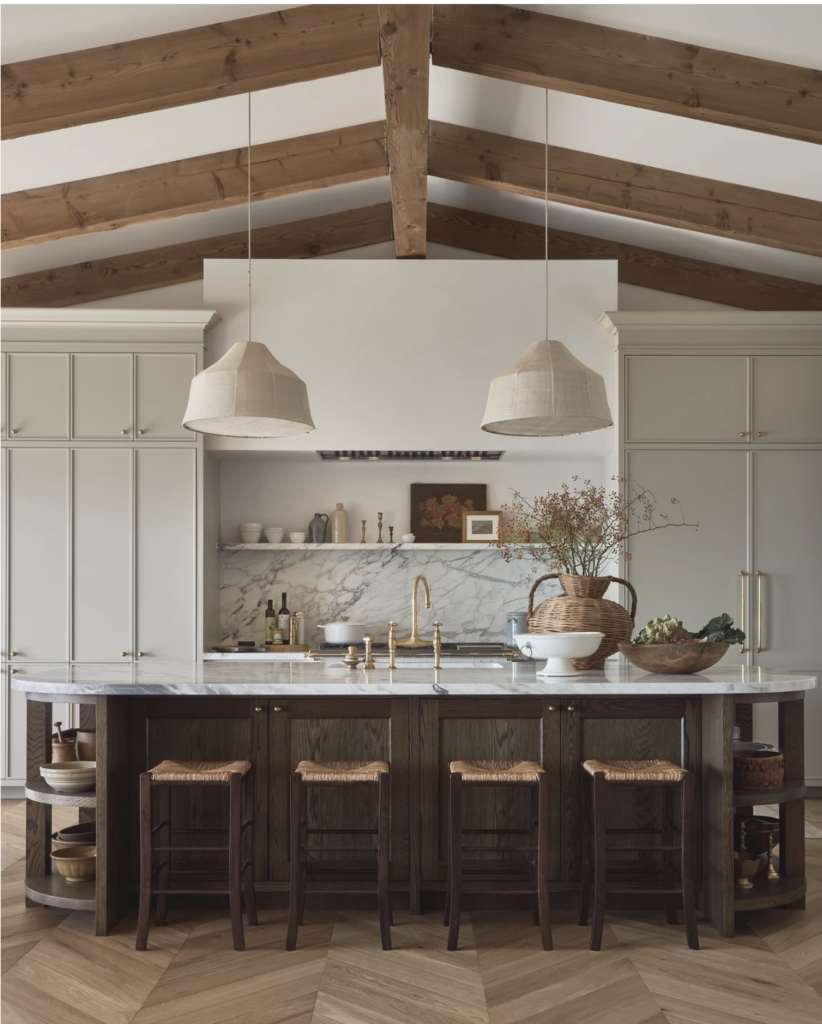
Are the improvements going to make any difference to your life?
When you're considering an upgrade, it's important to make sure the improvements are going to make a difference to your life. It's easy to get caught up in the moment and start planning out a renovation that will increase your property value or comfort, but these two things are often at odds with each other.
If your primary goal is increasing property value, you'll want to consider whether or not these upgrades will make any difference at all. In some cases, if you're trying for an older house that's been neglected for years (and thus has outdated electrical wiring), it may be more cost effective just to tear down the whole thing and start from scratch—especially if there isn't much demand for houses in this area anyway!
But if there is demand for houses in this area...and let's say the reason why there isn't much demand has something more complex than just location...then maybe now would be a good time before prices go up another 20% next year when everyone realizes how close they really were! Overall, is the labor worth it.
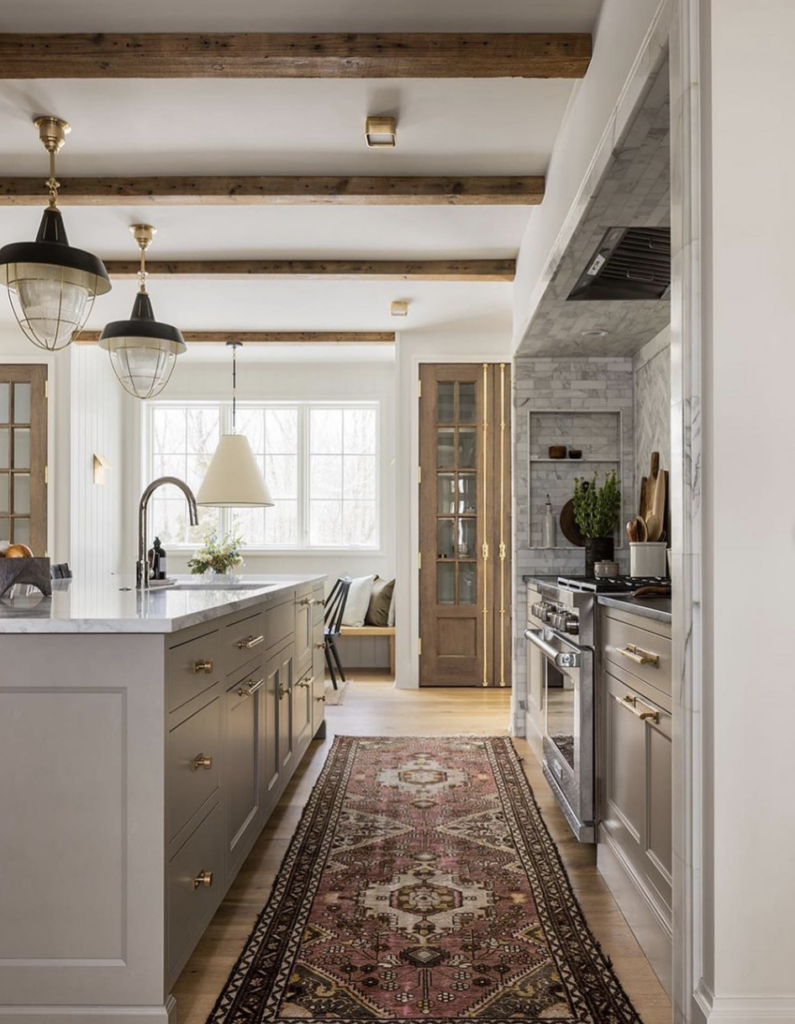
What is the state of your home?
If you're like most people, it's not perfect. But it could be! There are a few big questions you should look at before starting a renovation or even buying the home in general!
When you're thinking about upgrading your new home, it's important to consider what state it's in. If there are things that need to be fixed, it may be wiser to take care of those things first before moving on to new things.
When you go into a project like this, it can be easy to get carried away with all the possibilities and forget that you have other priorities. But if you don't take care of the basics first, then you won't be able to make use of anything else.
- What is the state of your home?
- Is it in good condition?
- Are there any repairs that need to be done before you can move in?
- Is your neighborhood safe and convenient to access local amenities and public transport?
- How much time will you have to dedicate to maintenance once you move in?
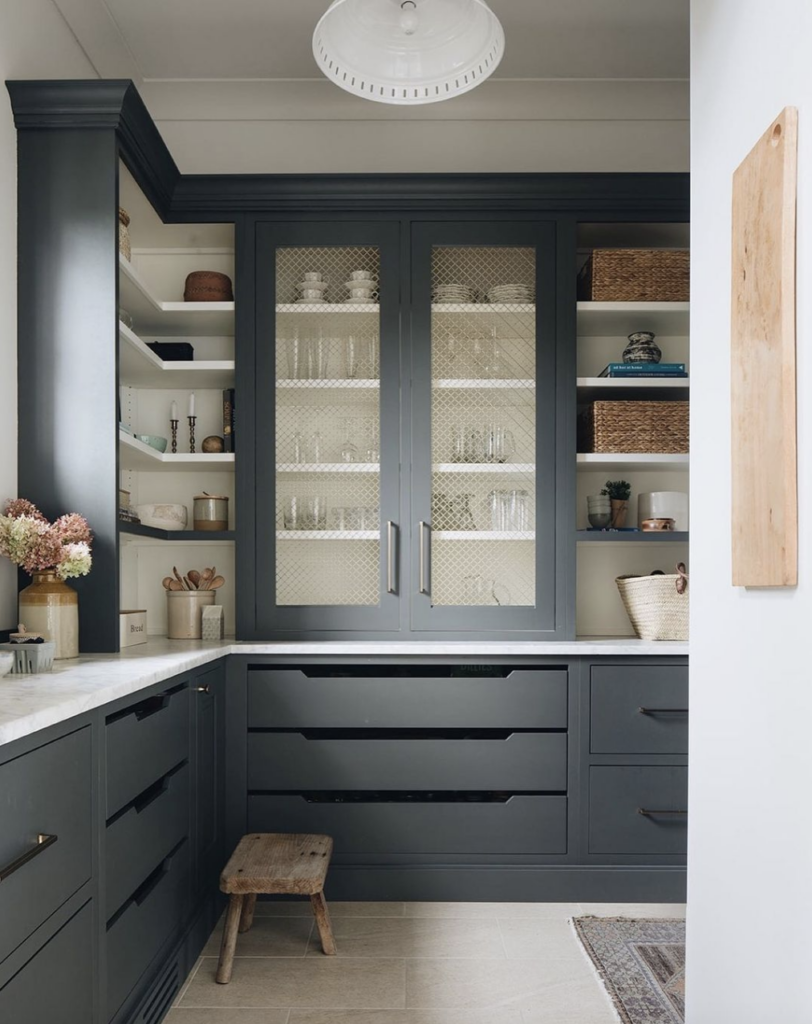
What do you want to upgrade?
Before you even begin to think about which upgrades are right for your home, it's important to consider the big picture. What do you want your home to look like? If all or most of these questions apply, then an upgrade might be right for you:
- Do I want my home to look more modern?
- Am I looking to make a statement with my choice of materials and design?
- Do I want my space to embrace nature?
If so, then chances are that an upgrade will be able to help you achieve this goal. For example, if your kitchen has been outdated for years and is in need of some serious TLC, think about adding wood floors or a new countertop with natural textures like stone or granite.
As another option, installing windows that let in light from all directions will instantly brighten up any room—which means if this is something important for yours (especially those rooms on the darker side), then adding skylights can be extremely beneficial as well!
I suggest focusing on high ticket items that not only boost the value of your current home but also attract future home buyers. Think cosmetic and equity. Maybe upgrade to hardwood floors or complete minor kitchen remodels. Home improvement projects should benefit you but also the future value of your home. You never know if you will need to sell!
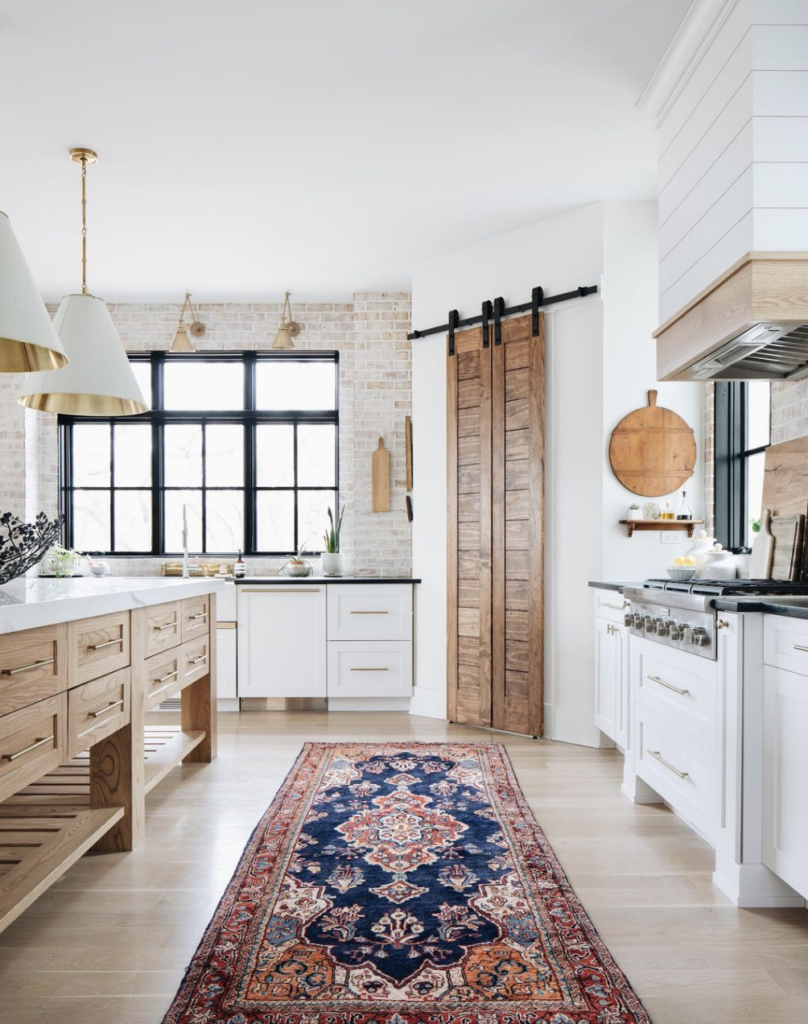
How can you make improvements for less?
The first thing to consider when looking at home improvements is your budget. If you're on a tight budget, there are plenty of ways to improve your home without spending too much money. You can also look into other options like solar panels or energy efficient heating systems if they're within your price range.
Another common way people go about making their homes more comfortable is by remodeling their kitchens and bathrooms—which means doing some serious research into kitchen cabinets and bathroom vanities before settling on an upgrade plan. The more research you do before making any big decisions about upgrading these areas, the better!
If it's not possible for you to make all the changes at once due to budget constraints or other issues, then think about doing them in stages so that each stage has its own impact on how comfortable your new space will be without going over budget overall (but hopefully still being able to enjoy those nice upgrades!).
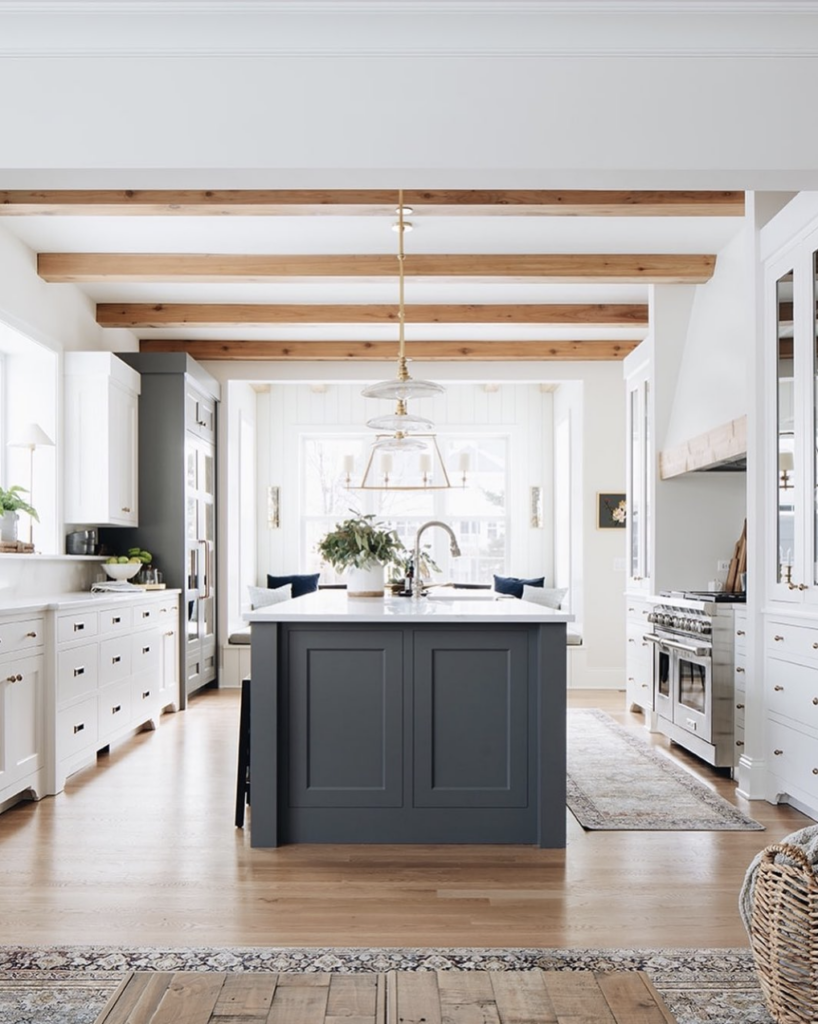
Can you do some DIY projects?
If you can do some of the work yourself, it will save money and allow you to feel more in control. It’s also a great way to learn new skills and improve your home's value. If you don’t know how to do something, the Internet is full of tutorials that will help you get started—and even if someone else does all the work, they'll still need tools and materials so it's still a good idea for them to come into contact with your bank account before they can start their work.
If there are DIY projects that are too big or complicated for you (or for anyone else willing), hiring an expert will give you peace of mind knowing that everything has been done correctly. You'll have plenty of time on their schedule once they've completed all those little jobs around your house!
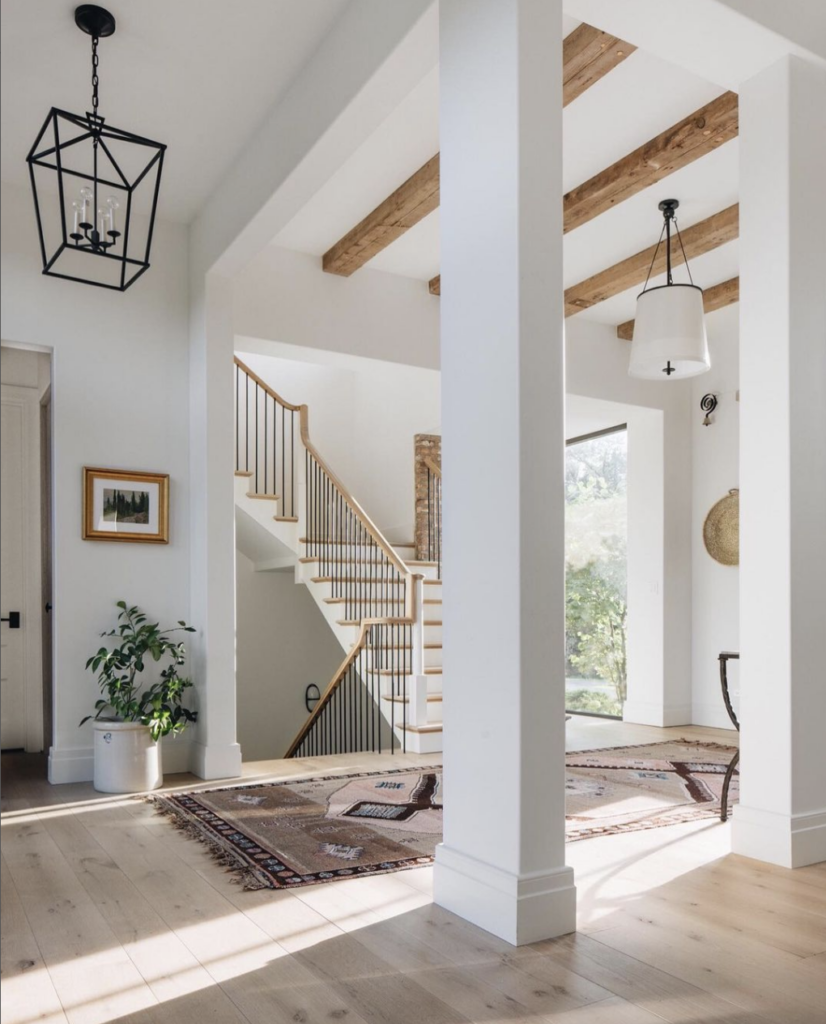
How much will everything cost?
There are several ways to estimate the cost of your home upgrade. Two of the most common are using a free online tool and getting an estimate from a contractor.
If you're not sure how much it will cost, start by doing some research using a free online tool like Homestars (https://www.homesmart.ca/). This website allows users to provide reviews for contractors who have completed projects in their community, so it's easy to compare prices and get an idea of what you can afford based on what others paid for similar work nearby.
You can also post questions or concerns about your project on this site and receive feedback from other homeowners who've gone through similar experiences before making big decisions about their homes' renovations!
Another option is contacting local contractors directly—they may be able to offer advice based on previous work experience at different clients' locations across Canada or even internationally (if they've travelled abroad).
Once again though, keep in mind that prices vary depending on where exactly someone lives within any given country—therefore keep all options open as much as possible when budgeting out costs associated with upgrading one's home!
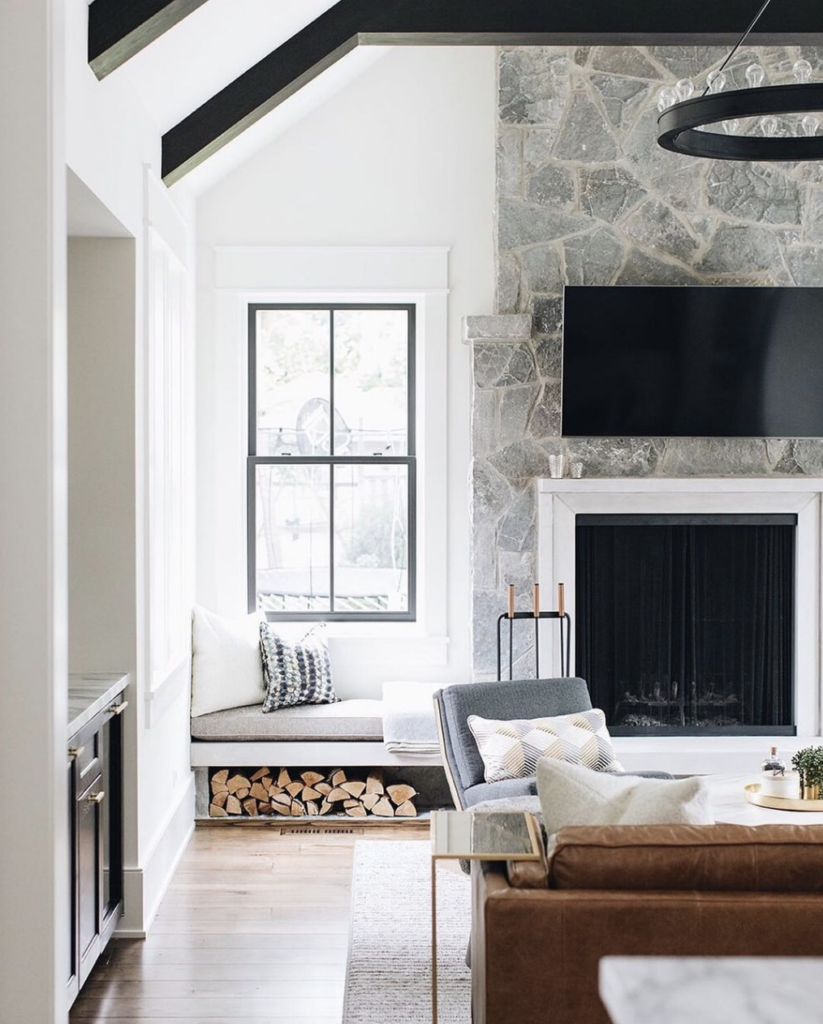
Are there any legal considerations for your project?
Before you go any further, check with your local council to make sure that the changes you want to make are within their regulations. If they require planning permission, then this will be a process that will take time and money. If there are any legal considerations for your project, let’s say if it involves a change of use or extension onto an existing property, then it’s best to get these checked out before taking action.
You should also check with any relevant authorities such as building control who can guide you through any potential issues there might be with your proposed plans. In addition, it makes sense to check with your insurance company too as this may affect whether or not they cover any damage caused during construction work – for example if scaffolding slips off a roof then falls into the street below!
Finally don't forget about checking things out with your mortgage lender too - although it's unlikely that extending or upgrading something in order for someone else (like family members) could qualify them from having access/use rights under existing terms/conditions etcetera.
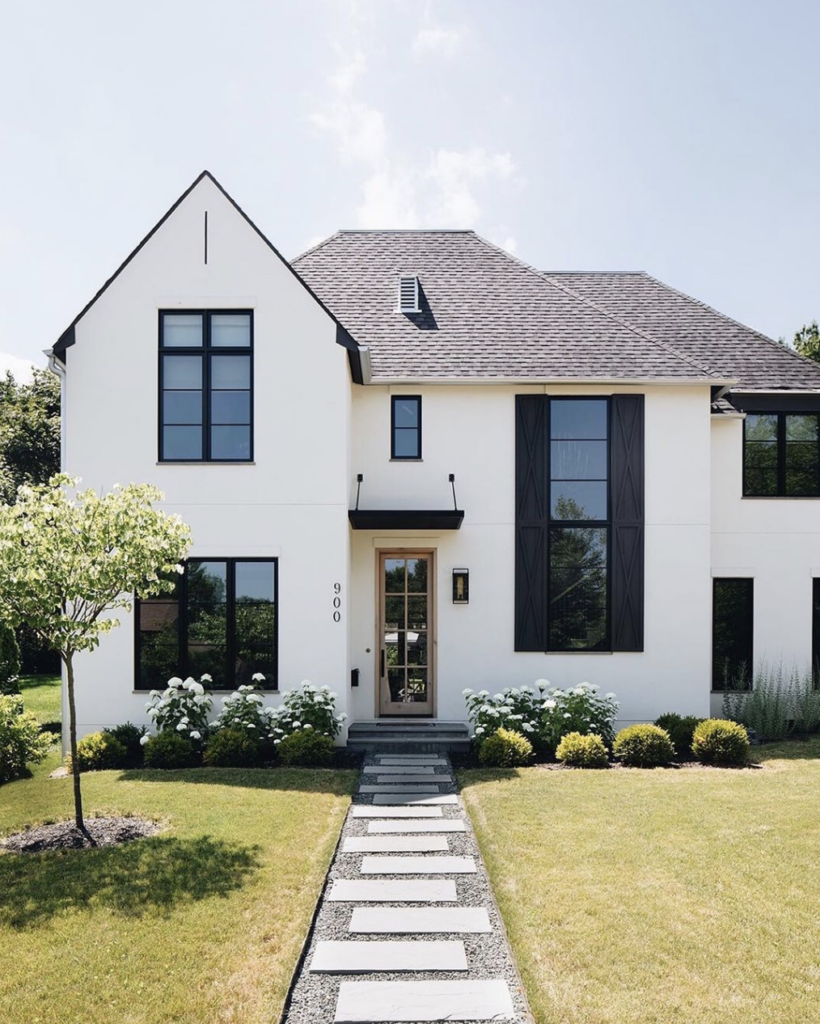
How long will it take to complete the upgrades?
You're probably wondering how long it will take to complete all of the work. That's a good question, because you want to be able to get back into your home as soon as possible.
A lot of people get excited about upgrading their homes, but then they don't have time to do it. If you have a busy schedule, it's best to stick with smaller projects for now.
The second thing to consider is whether or not you're ready for an upgrade in the first place. There are some things that are better left untouched—like your kitchen cabinets or bathroom tile—because once you've changed something in these areas, there's no going back!
If you've decided that now is the time for an upgrade, then make sure you have a plan before starting any project. A timeline is a must! Talk to professionals if you are unsure. Knowing what you're in store for, time wise, is super important!
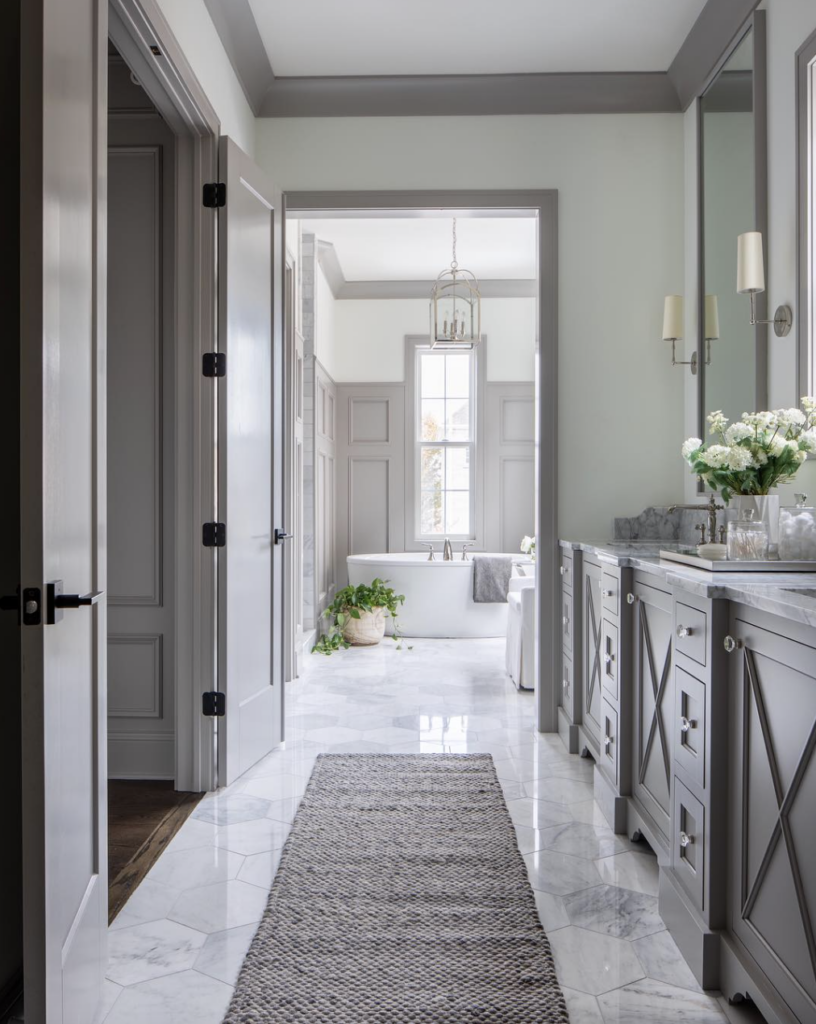
Are you going to be living in the home during upgrades and how will it affect your daily life?
- If you are going to be living in the home during upgrades, it’s important to consider how this will affect your daily life. For example, if you're planning on having a major kitchen renovation done, it might make more sense to temporarily move into a hotel or at least stay with friends or family while the work is being completed.
- If you’re not living in the home during upgrades, then there are other things that need to be taken into consideration. For example:
- How will I manage my rental property while it is undergoing renovations? It could be very expensive if I don't have a tenant renting out my house while it's being renovated (and even more so if they damage anything).
- Can I easily get access to my rental property when needed? Do I know where its located and who can help me gain access if needed?
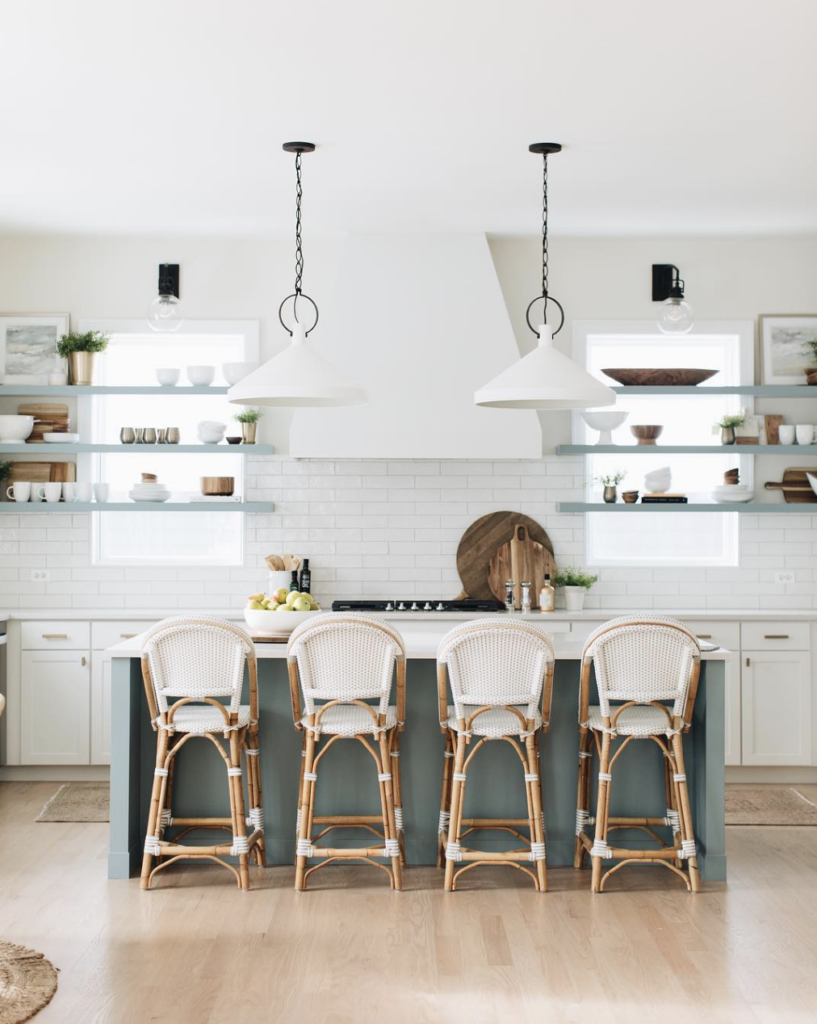
Make sure that your home upgrade makes a positive impact.
Make sure that your home upgrade makes a positive impact.
If you want to improve curb appeal, focus your money and time in that aspect of your home renovation. If you are looking to upgrade your kitchen then focus your kitchen remodel on new appliances, countertops, and cabinets. Avoid putting money into small decor items, and focus on areas that will up your resale value. If you are unsure of the areas to focus on, maybe talk to your local real estate agents!
Home upgrades and home remodeling are often expensive, so it's important to make sure that they provide a real benefit. Before you add new features to your home, think about how much they will improve the quality of life in your home and how long these improvements will last.
If you're not completely satisfied with an upgrade within six months or so of completion, there's a good chance that the money was wasted. A good general rule is to only buy products that have met all of your needs for at least three years—that way any warranties associated with them will still be valid when you need them most!
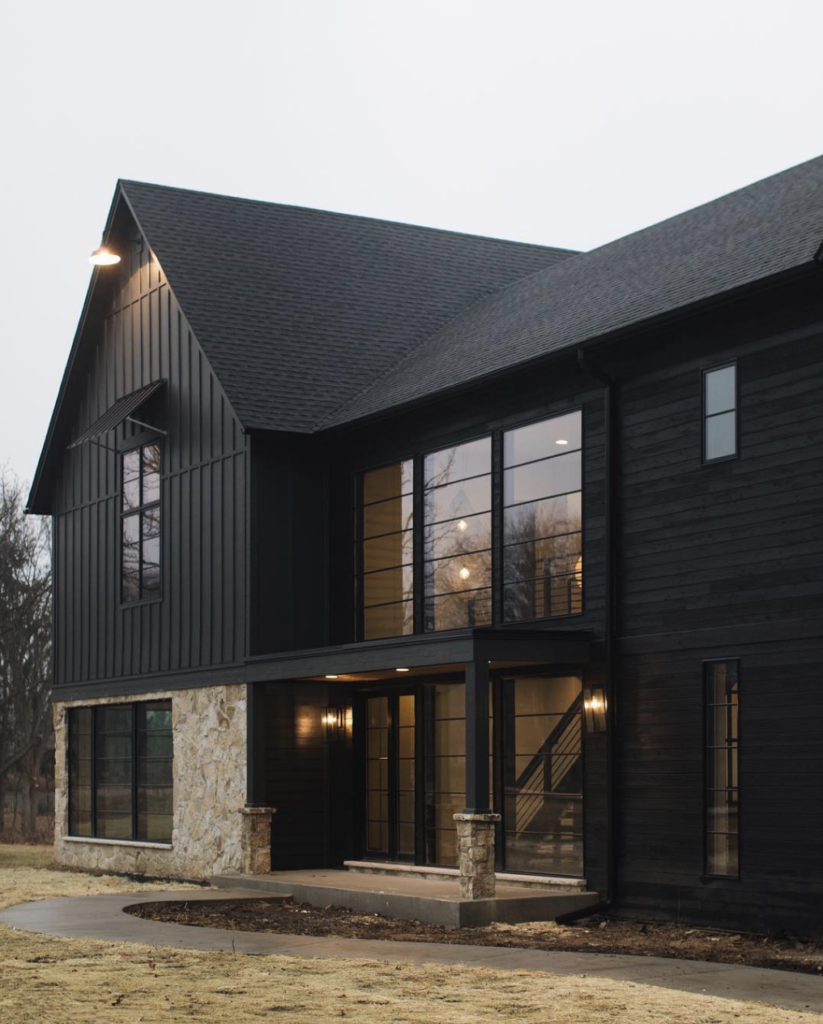
I hope that these 10 things to consider before upgrading your home have given you some clarity as to what you should be looking out for. It can be easy to get carried away with the idea of upgrading and improving the home, but it’s important that you have a solid plan in place first.
Make sure that it’s going to benefit you and improve your life, while also not costing too much. Try doing as many DIY projects as possible, as this will save you from having to pay someone else for the work. Also make sure that there are no legal considerations for your project and if there are then be prepared for them by finding out about them in advance.
Finally, think about how long it will take for everything to be completed and whether or not you will still be able to live in the home during this time. This is especially important if there are kids involved or other people who may find living conditions uncomfortable.
Now time to hit home depot to start that reno or just a fresh coat of paint! Good luck folks!

More Home improvement posts:
- HOW TO CURE CREATIVE BLOCK FOR INTERIOR DESIGN
- 47 INSANELY HANDY KITCHEN APPLIANCE CARE TIPS
- 15 BEST EUROPEAN FARMHOUSE KITCHEN DESIGN IDEAS
- 27 GENIUS HOME ENERGY SAVING TIPS
10 Crucial Things to Consider Before Upgrading Your Home; Renovating your house?Home upgrade and house renovation can be complicated. Check out these tips for home improvement projects, home upgrades and home renos here.


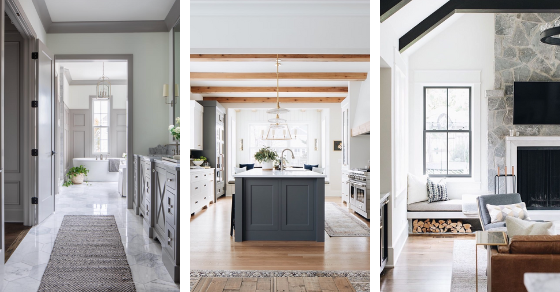




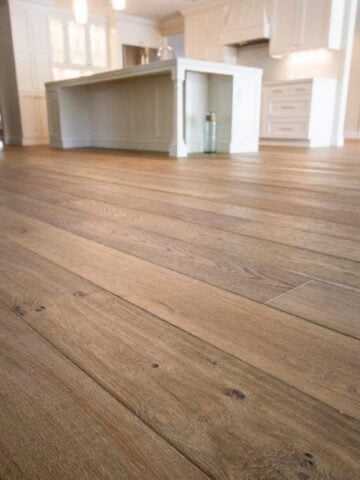
Quincy
We are interested in upgrading our home, but everything is getting in the way. We’ve had our garage door break on us and need it repaired and our car is having some trouble. These tips are great and as soon as we get everything fixed we will use this inspiration!